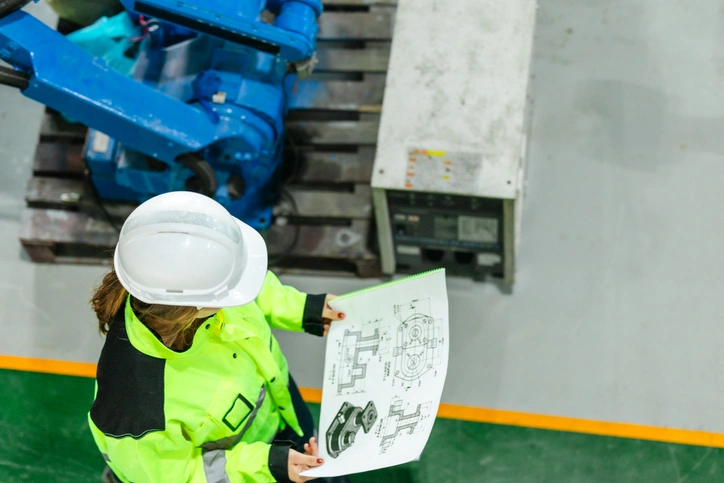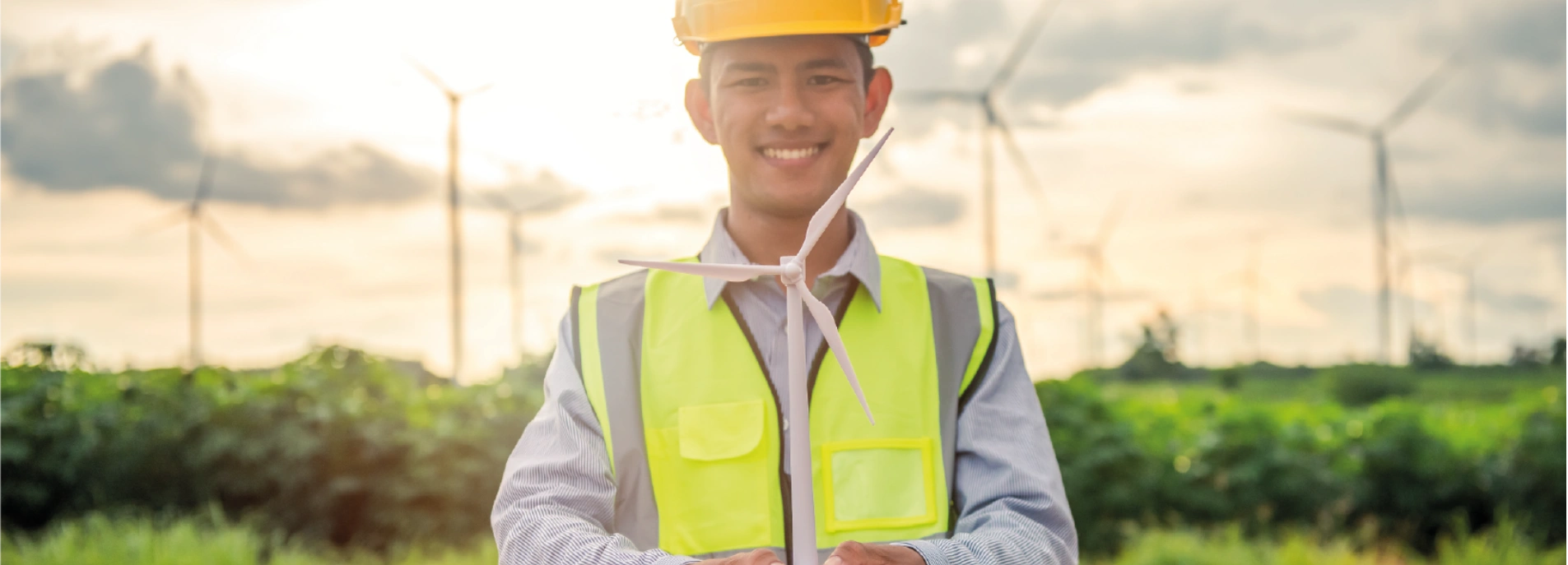Why study Environmental Engineering at UCV?
Among universities offering Environmental Engineering programs, UCV stands out for its comprehensive and hands-on approach. Here, you’ll benefit from:
- A curriculum that covers everything from waste management and impact assessment to the use of clean technologies.
- Faculty with real-world experience in conservation and environmental remediation projects.
- Access to specialized laboratories and simulators that allow you to work on real-world scenarios before entering the field.
Career Opportunities
Elective Courses
Benefits of Studying at UCV
As a graduate of UCV’s Environmental Engineering program, you will be prepared to work in a wide range of fields, such as:
Environmental Management and Auditing
- Auditor for regulatory compliance in industrial and natural resource projects.
- Coordinator of integrated management plans and environmental policies in public or private organizations.
- Specialist in environmental impact assessment and remediation plans for consulting firms.
Monitoring and Resource Treatment
- Project leader in water, soil, and solid waste management and treatment.
- Supervisor of environmental monitoring systems and biotechnological remediation.
- Consultant in eco-technologies for emission reduction and biodiversity preservation.
Research and Teaching
- Researcher in academic or scientific centers, developing innovative solutions in biotechnology and geospatial applications.
- Environmental education instructor, training new professionals in sustainability and conservation.

Request personalized guidance for your degree program

Curriculum
Need help starting your university journey?
Discover our differentiators
Laboratories

Laboratories
Through the Virtual Plant Simulator, you will experience immersive learning to study environmental and biotechnological processes. Here you will apply:
- Management and quality analysis of water, soil, and air using virtual tools.
- Design of bioprocesses for the remediation and treatment of pollutants.
- Evaluation of sustainability strategies by integrating ecological criteria.

Laboratories
A space where you will learn to manage the entire waste cycle:
- Techniques for segregation, storage, and final disposal.
- Development of prototypes for recycling and material recovery.
- Application of current regulations and toxicity evaluation protocols

Laboratories
This laboratory allows you to learn chemical analysis methods to monitor environmental quality:
- Use of equipment and reagents to quantify contaminants in soil, water, and air samples.
- Chromatography and spectroscopy techniques applied to the detection of toxic substances.
- Interpretation of results to propose mitigation and remediation actions.
Related news






